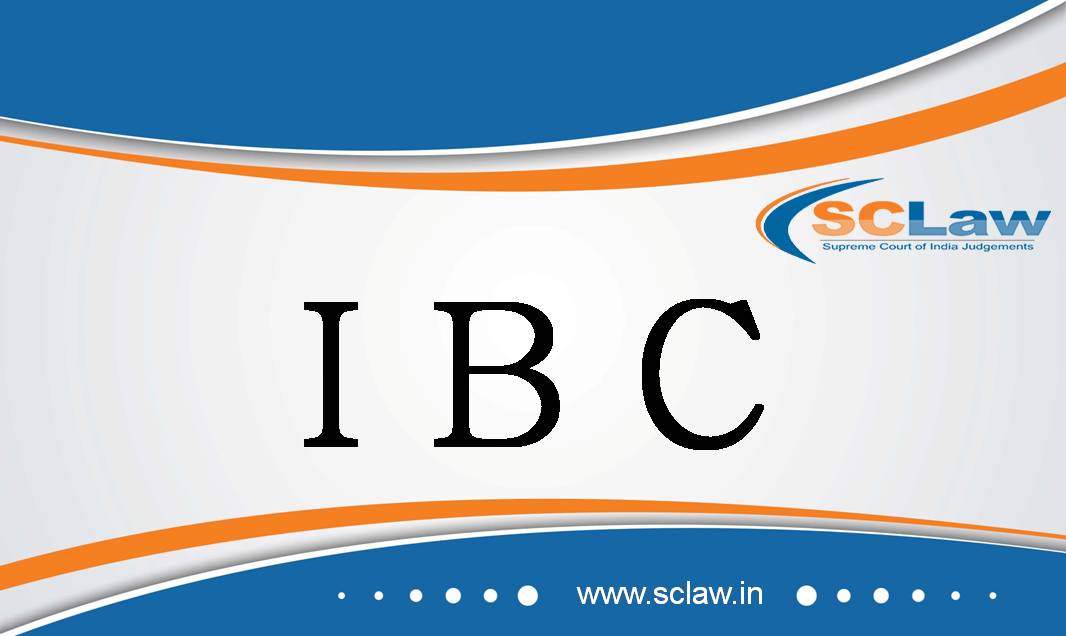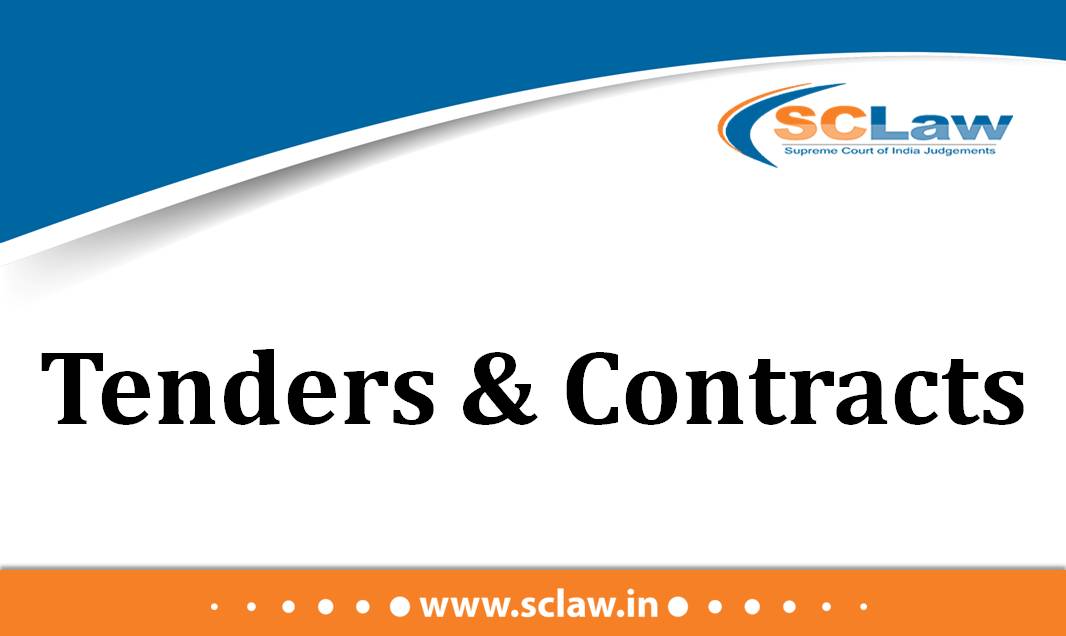(IPC) – Sections 120B, 121, 121A and 122 – Arms Act 1959 – Section 25(1A) – Explosive Substances Act, 1908 – Section 5 – Unlawful Activities (Prevention) Act, 1967 – Sections 18, 20 and 40(1)(b)(c) – National Investigation Agency Act, 2008 – Sections 13, 14 and 19 – Grant of post arrest bail –
SUPREME COURT OF INDIA DIVISION BENCH ASHIM @ ASIM KUMAR HARANATH BHATTACHARYA @ ASIM HARINATH BHATTACHARYA @ ASEEM KUMAR BHATTACHARYA — Appellant Vs. NATIONAL INVESTIGATION AGENCY — Respondent ( Before…









